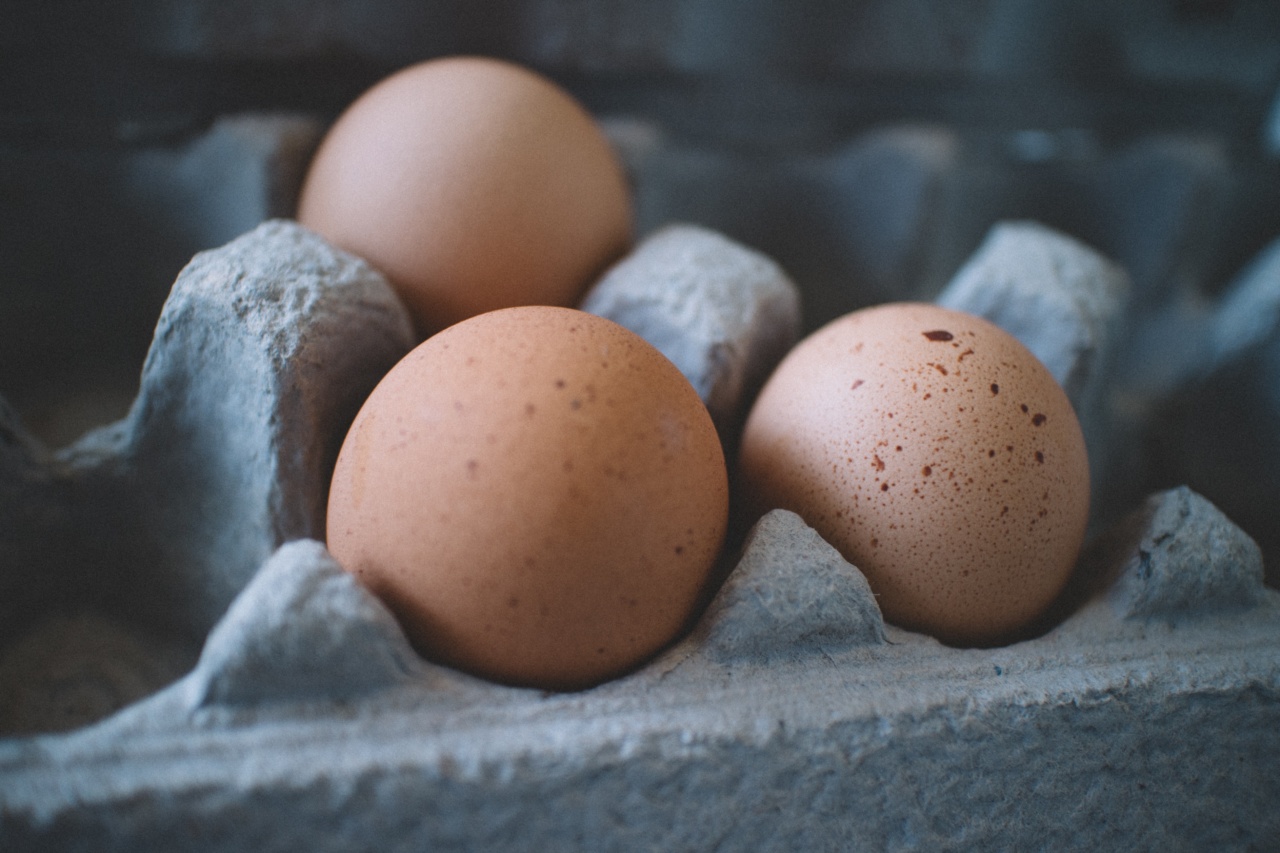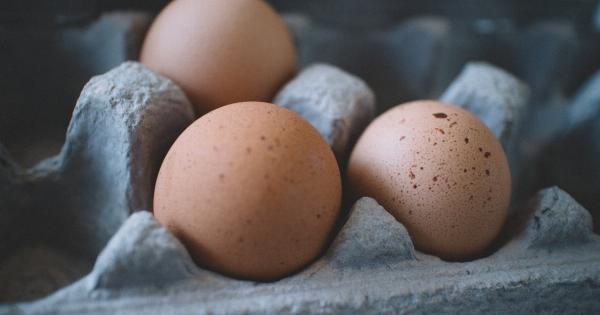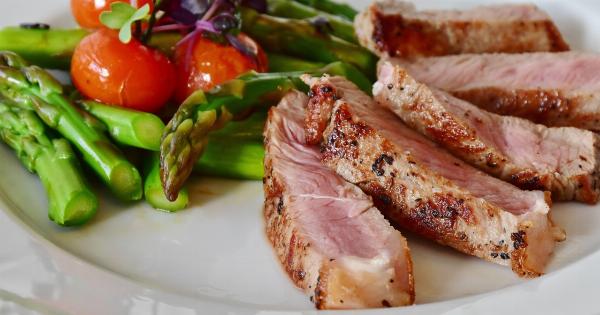Eggs are a widely consumed and versatile source of protein. However, they may not be suitable for everyone, due to allergies, dietary restrictions, or personal preferences.
Fortunately, there are several alternatives to eggs that are equally nutritious and packed with protein. In this article, we will explore ten protein powerhouses that can be substituted for eggs in various meals and recipes.
1. Greek Yogurt
Greek yogurt is an excellent source of protein, containing about 23 grams per cup. It is thick and creamy, making it a suitable replacement in recipes such as baked goods and pancakes.
You can also use it as a topping for fruit salads or smoothies, or even enjoy it as a healthy snack on its own.
2. Tofu
Tofu is a popular plant-based protein alternative that can be used in place of eggs in dishes like scrambles, omelets, and quiches. It has a neutral taste and easily absorbs flavors, making it a versatile ingredient.
Half a cup of tofu provides around 10 grams of protein and can be seasoned according to your preference.
3. Chia Seeds
Chia seeds contain an impressive amount of protein, with around 6 grams per ounce. When mixed with water, chia seeds form a gel-like consistency that can be used as a binding agent in recipes like pancakes or muffins.
They also offer the added benefit of omega-3 fatty acids and fiber.
4. Lentils
Lentils are not only a good source of protein but also rich in fiber and various essential nutrients. They can be cooked and pureed to form a creamy texture, making them suitable for use in recipes like veggie burgers or meatloaf.
One cup of cooked lentils provides approximately 18 grams of protein.
5. Quinoa
Quinoa is a complete protein, meaning it contains all essential amino acids. With about 8 grams of protein per cooked cup, quinoa can be used as a base for salads, stir-fries, or substituted for rice in various dishes.
It is also gluten-free and high in fiber.
6. Hemp Seeds
Hemp seeds offer a considerable amount of protein, approximately 10 grams per ounce. They have a slightly nutty flavor, making them a tasty addition to smoothies, yogurt, or salads.
Hemp seeds also provide omega-3 and omega-6 fatty acids, making them a fantastic nutritional powerhouse.
7. Black Beans
Black beans are not only a fantastic source of protein but also rich in fiber, folate, and various minerals. One cup of cooked black beans contains around 15 grams of protein.
They can be mashed and used as a binding agent in veggie burgers, or added to soups, stews, and chili for an extra protein boost.
8. Nut Butter
Nut butters, such as almond or peanut butter, provide a good amount of protein, healthy fats, and various vitamins and minerals. Two tablespoons of nut butter contain about 8 grams of protein.
They can be used as a spread, added to smoothies, or incorporated into baked goods for a protein-rich twist.
9. Seitan
Seitan, also known as wheat gluten, is a meat substitute that is high in protein and low in fat. It has a texture similar to meat and can be seasoned and cooked in various ways such as grilling, sautéing, or baking.
A 3.5-ounce serving of seitan provides around 25 grams of protein.
10. Edamame
Edamame, young soybeans that are harvested before they harden, are an excellent source of plant-based protein. One cup of edamame contains about 17 grams of protein.
They can be enjoyed steamed or boiled as a snack, or added to stir-fries, salads, and soups for extra protein content.
Conclusion
While eggs are a popular source of protein, there are numerous alternatives that can replace them in various meals and recipes.
Greek yogurt, tofu, chia seeds, lentils, quinoa, hemp seeds, black beans, nut butter, seitan, and edamame are all excellent protein powerhouses that offer health benefits beyond their protein content. Incorporating these alternatives into your diet can help diversify your protein sources and cater to specific dietary needs or preferences.





























